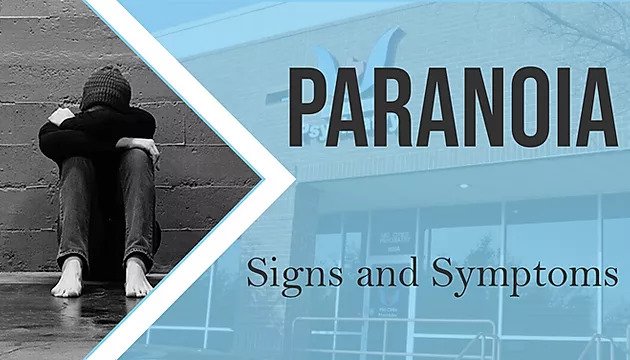Paranoia is an instinct or thought process which is believed to be heavily influenced by anxiety or fear, often to the point of delusion and irrationality.
Paranoia is distinct from phobias, which also involve irrational fear. Making false accusations and the general distrust of other people also frequently accompany paranoia.
Signs and Symptoms
A common symptom of paranoia is the attribution bias. These individuals typically have a biased perception of reality, often exhibiting more hostile beliefs. A paranoid person may view someone else’s accidental behavior as though it is with intent or threat.
Due to the suspicious and troublesome personality traits of paranoia, it is unlikely that someone with paranoia will thrive in interpersonal relationships. Most commonly paranoid individuals tend to be of single status.
Cause of Paranoia
Potential causes of these effects included a sense of believing in external control and mistrust which can be strengthened by lower socioeconomic status. Those living in a lower socioeconomic status may feel less in control of their own lives. In addition, this study explains that females have the tendency to believe in external control at a higher rate than males, potentially making females more susceptible to mistrust and the effects of socioeconomic status on paranoia.
Should you or anyone you know suffer from this psychiatric disorder, please seek help from a behavioral health professional or contact Mid Cities Psychiatry today.


One Comment
Pingback: Midcitiespsychiatry | Pearltrees